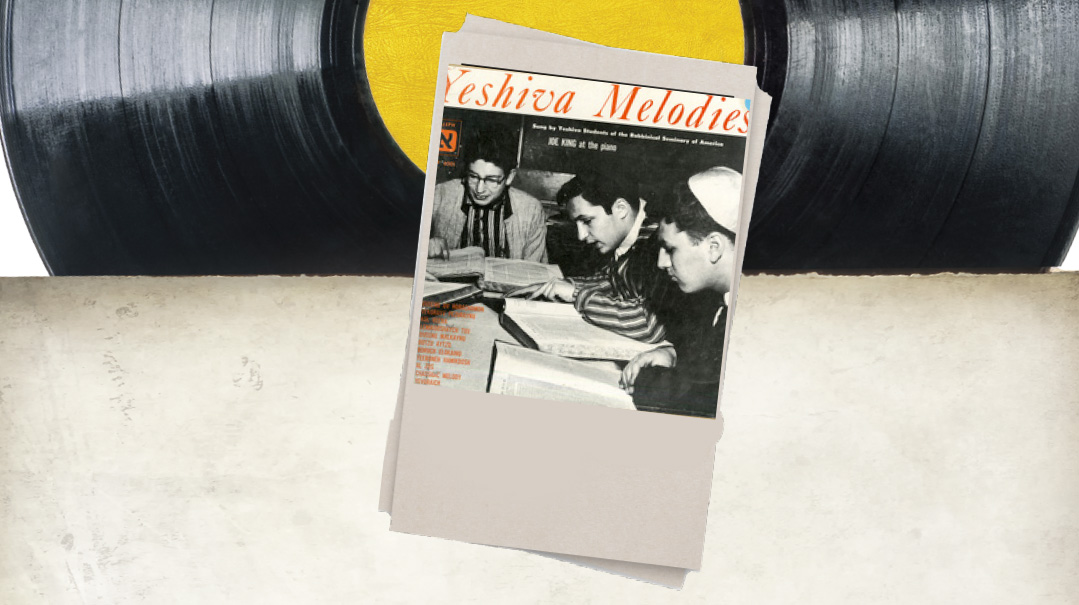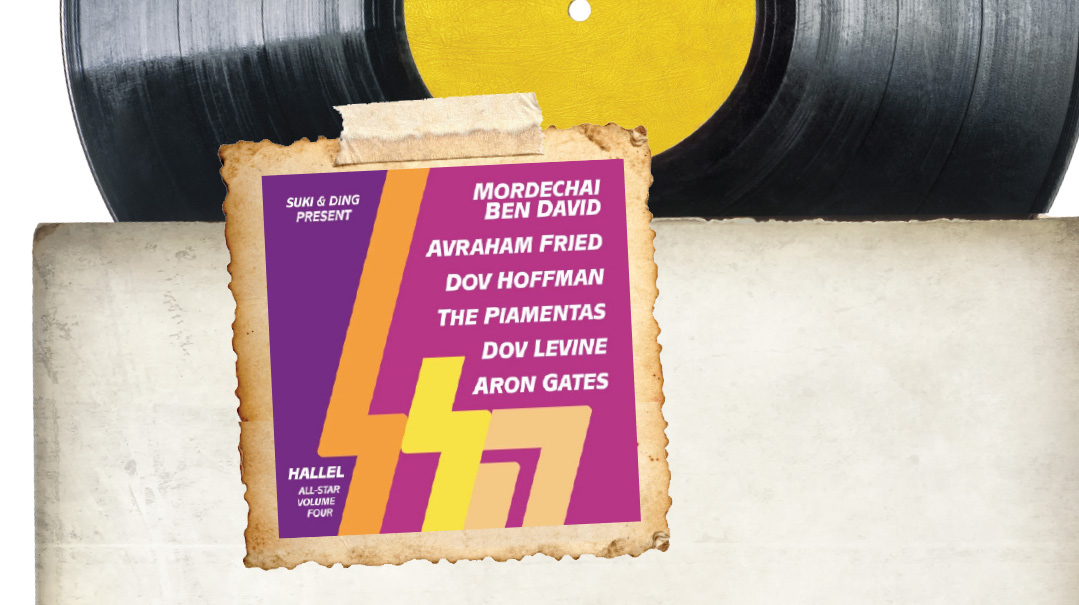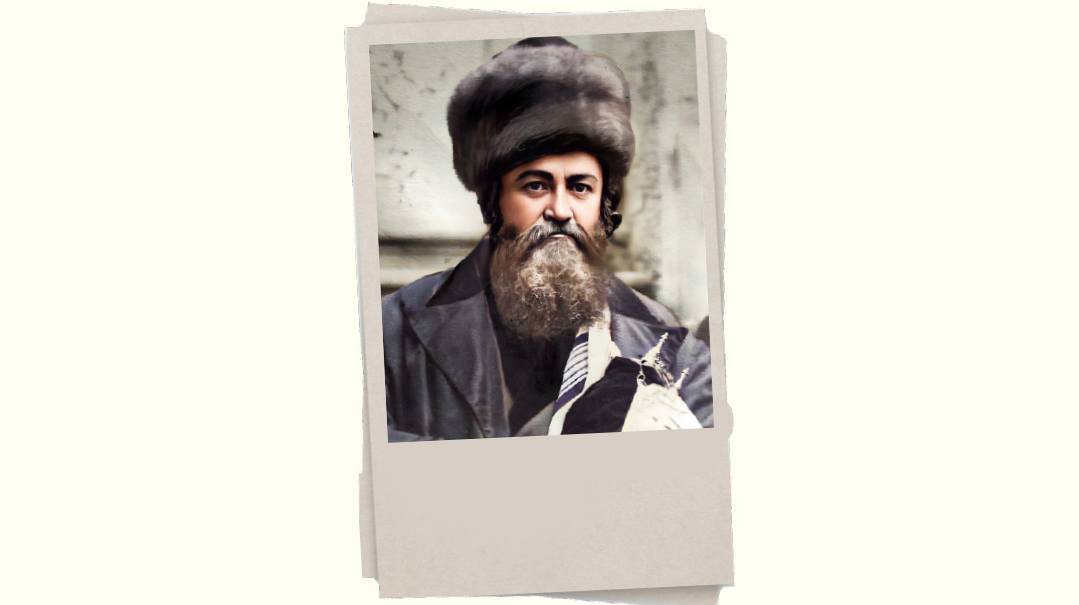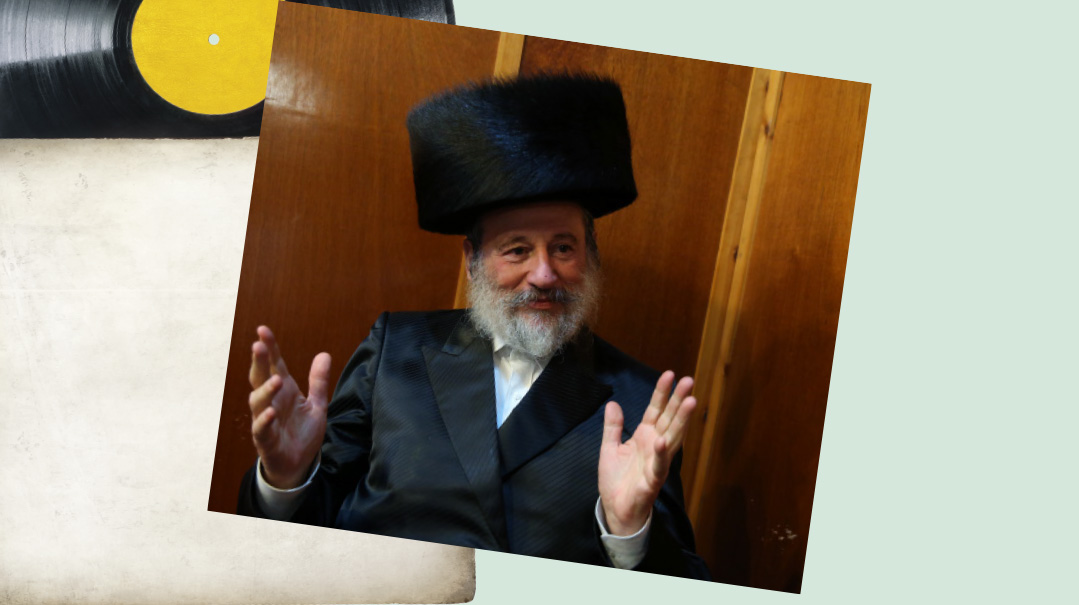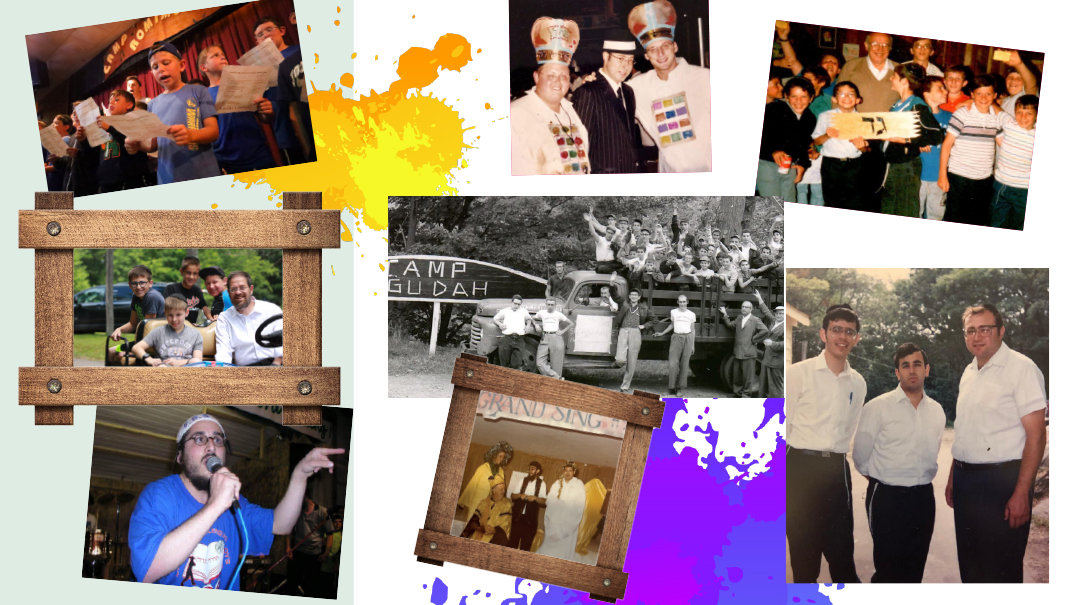So the Story Goes

Veteran producer Dovid Nachman Golding hosts a walk down musical memory lane
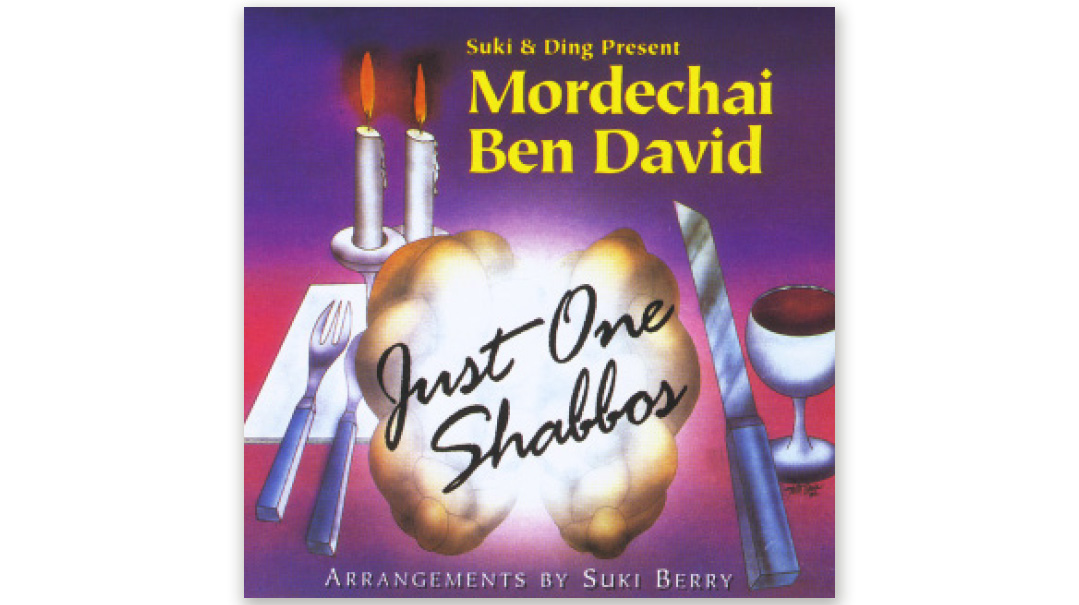
Every song has its backstory, and those iconic English-language songs that have been gracing Jewish music albums for the last half century are no exception, many starting out with their own little drama.
MR. CARTER
This song had had two lives, back when Yerachmiel Begun released the Miami Meets Toronto album, and now, as it’s gone viral since former US president Jimmy Carter’s passing in December. It goes back to the summer of 1978, during the time Prime Minister Menachem Begin was being railroaded by Carter into accepting the extreme concessions of the Camp David Accords. At the time, Yerachmiel was in camp Kol-Ree-Nah, and was driving to Woodbourne with Lenny Friedman, Yanky Arem, and Eli Levin. It was just a half hour drive, but the entire song had been written by the time they arrived. I guess they had strong feelings about Mr. Carter. (Mr. Carter, what do you want, from me-ee-ee-ee? You’re a farmer, you have your land, that’s what we want, can’t you see?)
THE NINTH MAN
Abie Rotenberg told me many times that this was one of his all-time favorites. Over the years, people have tried to guess who, if anyone, he had in mind when he wrote it, but for Abie, it was really just about that quintessential rebbi who was totally tuned into his talmidim, and combining Torah and baseball was the language of the day. (I don’t want to nitpick, but when the catcher went and broke his leg while sliding into third, and the other team cried, “It’s a forfeit, you only have eight guys,” that’s technically not the rule. The game is actually not a forfeit, but rather, every time the person who got injured was supposed to be up, it becomes an automatic out. See, I could have also been sitting in that classroom….)
JUST ONE SHABBOS
This wasn’t just a song — it became a movement to keep just one Shabbos. It was 1983, and Suki and I were working with MBD on a Shabbos-themed album, but we were missing an English song. Mordechai told us, “I’ll be flying to Denver tomorrow for a concert, let me work on it.” When he returned the following day, we knew it was a winner. He based the song on the mission of Baruch Levine (not the singer), a predecessor of Rabbi Meir Schuster, who would arrange Shabbos meals for backpackers and tourists who ended up at the Kosel on Friday night. Mordechai and I were in Israel together often during those years and we’d be at the Kosel watching Baruch’s magic.
DEAF MAN IN THE SHTEEBLE
This Country Yossi song, about a deaf father who always attended shul even though he could never really hear his chazzan son daven, tells how the chazzan shows up late on Yom Kippur night, then touches everyone with an incredible tefillah. The rabbi asks the chazzan what made this tefillah so elevated, and he answers, “Last night, my father passed away. It’s the first time that my father heard me pray….” Country Yossi borrowed the song from a 1960s-era ballad (in that song, the hero is a football player who has his best game ever) that he used to hear as a kid — he figured, if it’s about Olam Haba, let’s make it our own.
BUTTERFLY
This song was written by Abie Rotenberg for Ohr Naava, in memory of founder Rabbi Zecharia Wallerstein a”h, expanding on a message Rabbi Wallerstein always emphasized. He’d say, “When a person takes that step into the light, they come out of their cocoon, and they’re not a caterpillar anymore. They’re a butterfly.” That theme inspired Abie to write, “…But there is only one you, a neshamah most precious and sweet… and when your voice is missing, the song’s incomplete….”
So if you ever feel alone, know that not only are you not alone, but the rest of us are not complete without you.
DADDY DEAR
When we were working on MBD’s Yerushalayim Our Home album back in 1988, we thought about doing a kosher revision of a well-known non-Jewish song from the 1950s, a song from our parents’ generation about life’s unanswered questions — but we wanted to take it further, about how Hashem’s cup fills with our tears until the Great Day when the cup will be full.
I called up Mrs. Dina Storch, the writer of “Someday” and so many other English songs, shared the idea with her, and mentioned that we were in a rush to move the song forward. She said that she was quite busy and under a lot of pressure, and she apologized that she couldn’t have it ready before... 5 p.m. that day. Talk about great writing under pressure! (Or maybe men and women have a different concept of time….)
(Originally featured in Mishpacha, Issue 1051)
Oops! We could not locate your form.

